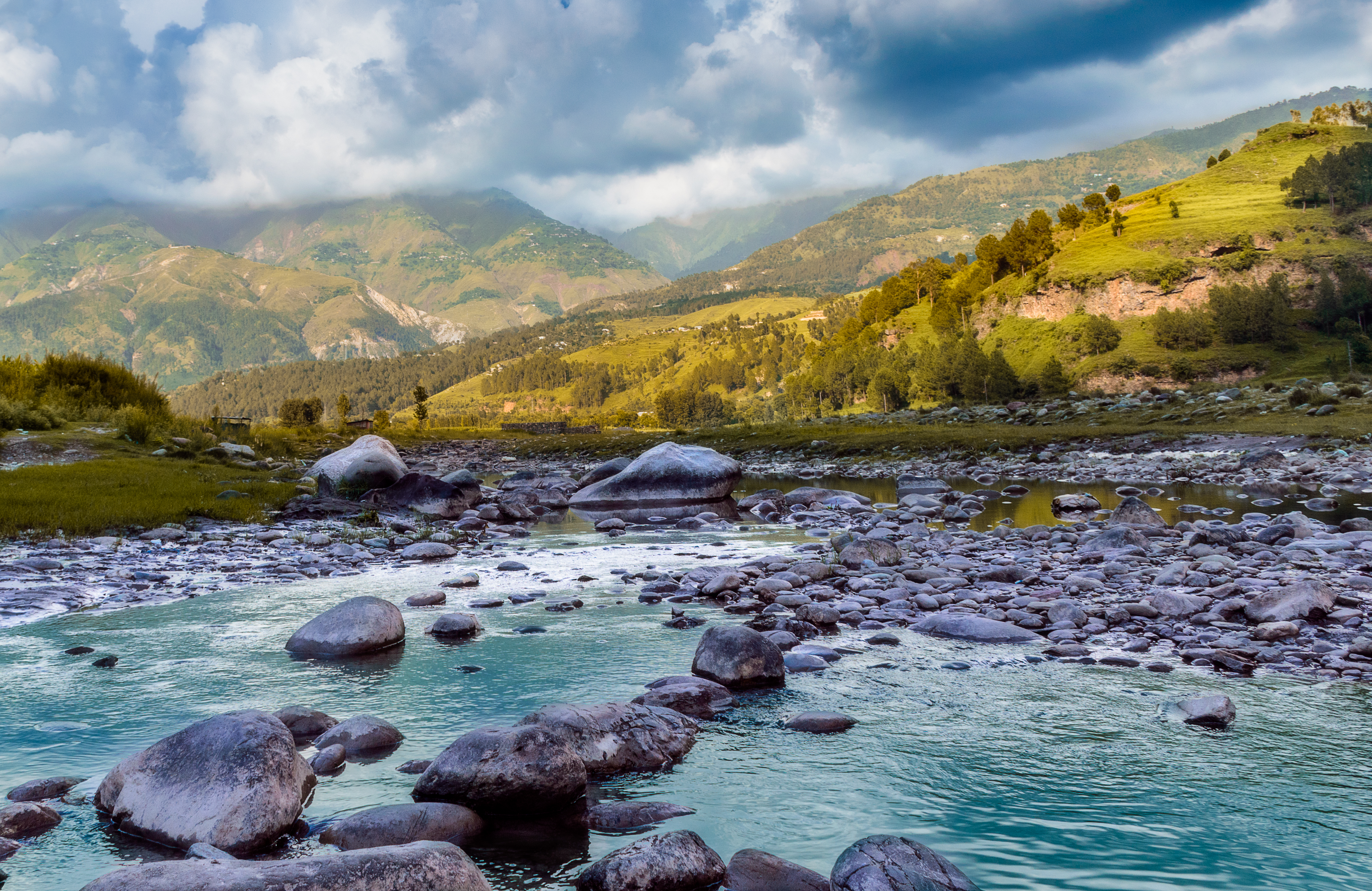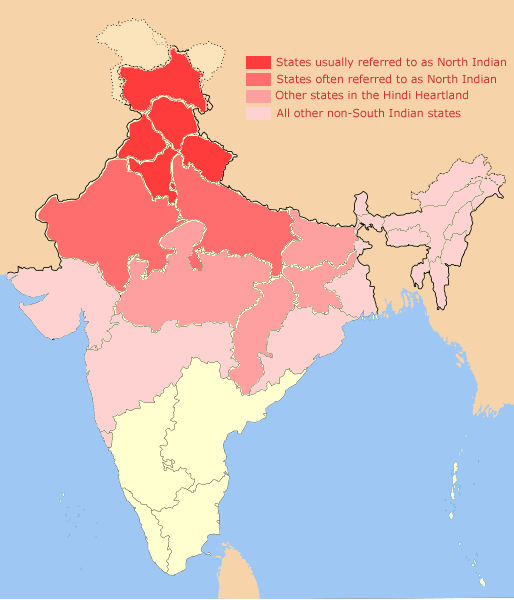|
Shah Ismail Dehlvi
Shah Ismail Dehlvi (26 April, 1779 – 6 May, 1831) was an Indian Islamic scholar and Salafi-oriented Sufi reformer. He was an active member in the jihad proclaimed by Sayyid Ahmad of Raebareilly with the support of Pashtun tribes against the Sikh Empire, which ruled northwest India with their base in Punjab in the early half of the 19th century. He is considered as an important influence on the Ahl-i Hadith and Deobandi reform movements.Profile of Sikh ruler Ranjit Singh on Encyclopedia Britannica Retrieved 16 August 2018 [...More Info...] [...Related Items...] OR: [Wikipedia] [Google] [Baidu] |
Balakot
Balakot (; ur, ; ) is a town in Mansehra District in the Khyber Pakhtunkhwa province of Pakistan. The town was destroyed during the 2005 Kashmir earthquake, but was later rebuilt with the assistance of the Government of Pakistan and Saudi Public Assistance for Pakistan Earthquake Victims (SPAPEV), a Saudi relief organisation. Balakot also serves as a hub for tourists visiting Northern Areas Geography Balakot is located on the right bank of the Kunhar River. It is almost at two-thirds of the length of river from it its origin at Lake Dharam Sar deep in the Kaghan Valley, before it confluence with Jehlum River. The lower area below Balakot, sometimes referred to as Nainsukh Valley, is temperate while Kaghan Valley above Balakot City is cold enough to turn the whole area to freezing in the winter. Kaghan valley is a pleasant summer destination. Its upper part from Naran upstream lacks the monsoon but the lower part get it well and so is forested. Balakot is now expanding c ... [...More Info...] [...Related Items...] OR: [Wikipedia] [Google] [Baidu] |
North India
North India is a loosely defined region consisting of the northern part of India. The dominant geographical features of North India are the Indo-Gangetic Plain and the Himalayas, which demarcate the region from the Tibetan Plateau and Central Asia. The term North India has varying definitions. The Ministry of Home Affairs in its Northern Zonal Council Administrative division included the states of Haryana, Himachal Pradesh, Punjab and Rajasthan and Union Territories of Chandigarh, Delhi, Jammu and Kashmir and Ladakh. The Ministry of Culture in its ''North Culture Zone'' includes the state of Uttarakhand but excludes Delhi whereas the Geological Survey of India includes Uttar Pradesh and Delhi but excludes Rajasthan and Chandigarh. Other states sometimes included are Bihar, Gujarat, Jharkhand, Madhya Pradesh and West Bengal. North India has been the historical centre of the Mughal Empire, the Delhi Sultanate and the British Indian Empire. It has a diverse culture, and includ ... [...More Info...] [...Related Items...] OR: [Wikipedia] [Google] [Baidu] |
Indian Subcontinent
The Indian subcontinent is a list of the physiographic regions of the world, physiographical region in United Nations geoscheme for Asia#Southern Asia, Southern Asia. It is situated on the Indian Plate, projecting southwards into the Indian Ocean from the Himalayas. Geopolitically, it includes the countries of Bangladesh, Bhutan, India, Maldives, Nepal, Pakistan, and Sri Lanka."Indian subcontinent". ''Oxford Dictionary of English, New Oxford Dictionary of English'' () New York: Oxford University Press, 2001; p. 929: "the part of Asia south of the Himalayas which forms a peninsula extending into the Indian Ocean, between the Arabian Sea and the Bay of Bengal. Historically forming the whole territory of Greater India, the region is now divided into three countries named Bangladesh, India and Pakistan." The terms ''Indian subcontinent'' and ''South Asia'' are often used interchangeably to denote the region, although the geopolitical term of South Asia frequently includes Afghanist ... [...More Info...] [...Related Items...] OR: [Wikipedia] [Google] [Baidu] |
Company Rule In India
Company rule in India (sometimes, Company ''Raj'', from hi, rāj, lit=rule) refers to the rule of the British East India Company on the Indian subcontinent. This is variously taken to have commenced in 1757, after the Battle of Plassey, when the Nawab of Bengal was defeated and replaced with another individual who had the support of the East India Company; or in 1765, when the Company was granted the ''diwani'', or the right to collect revenue, in Bengal and Bihar; or in 1773, when the Company abolished local rule (Nizamat) and established a capital in Calcutta, appointed its first Governor-General, Warren Hastings, and became directly involved in governance. The rule lasted until 1858, when, after the Indian Rebellion of 1857 and consequently of the Government of India Act 1858, the British government assumed the task of directly administering India in the new British Raj. Expansion and territory The English East India Company ("the Company") was founded in 1600, as ''The Co ... [...More Info...] [...Related Items...] OR: [Wikipedia] [Google] [Baidu] |
Hanafi
The Hanafi school ( ar, حَنَفِية, translit=Ḥanafiyah; also called Hanafite in English), Hanafism, or the Hanafi fiqh, is the oldest and one of the four traditional major Sunni schools ( maddhab) of Islamic Law (Fiqh). It is named after the 8th century Kufan scholar, Abu Hanifa, a Tabi‘i of Persian origin whose legal views were preserved primarily by his two most important disciples, Imam Abu Yusuf and Muhammad al-Shaybani. It is considered one of the most widely accepted maddhab amongst Sunni Muslim community and is called the ''Madhhab of Jurists'' (maddhab ahl al-ray). The importance of this maddhab lies in the fact that it is not just a collection of rulings or sayings of Imam Abu Hanifa alone, but rather the rulings and sayings of the council of judges he established belong to it. It had a great excellence and advantage over the establishment of Sunni Islamic legal science. No one before Abu Hanifa preceded in such works. He was the first to solve the cases an ... [...More Info...] [...Related Items...] OR: [Wikipedia] [Google] [Baidu] |
Divisions Of The World In Islam
In classical Islamic law, the major divisions are ''dar al-Islam'' (lit. territory of Islam/voluntary submission to God), denoting regions where Islamic law prevails, ''dar al-sulh'' (lit. territory of treaty) denoting non-Islamic lands which have concluded an armistice with a Muslim government, and ''dar al-harb'' (lit. territory of war), denoting adjoining non-Islamic lands whose rulers are called upon to accept Islam."Dar al-Harb" ''The Oxford Dictionary of Islam'' The Arabic singular form ''dar'' (), translated literally, may mean "house", "abode", "structure", "place", "land", or "country". In Islamic jurisprudence it often refers to a part of the world. The notions of "houses" or "divisions" of the world in |
Dar Ul-Harb
In classical Islamic law, the major divisions are ''dar al-Islam'' (lit. territory of Islam/voluntary submission to God), denoting regions where Islamic law prevails, ''dar al-sulh'' (lit. territory of treaty) denoting non-Islamic lands which have concluded an armistice with a Muslim government, and ''dar al-harb'' (lit. territory of war), denoting adjoining non-Islamic lands whose rulers are called upon to accept Islam."Dar al-Harb" ''The Oxford Dictionary of Islam'' The Arabic singular form ''dar'' (), translated literally, may mean "house", "abode", "structure", "place", "land", or "country". In it often refers to a part of the world. The notions of "houses" or "divisions" of the world in |
Faraizi Movement
The Faraizi movement ( bn, ফরায়েজি আন্দোলন, fôrayeji andolon) was a movement led by Haji Shariatullah in Eastern Bengal to give up un-Islamic practices and act upon their duties as Muslims ( ''farāʾiḍ''). Founded in 1818, the movement protected the rights of tenants to a great extent. Views The Faraizis adhered to the Hanafi school with certain differences in practices. * Tawbah i.e. to be penitent for past sins as a measure for the purification of soul. * To observe strictly the obligatory duties of Faraiz. * Strict adherence to Tawhid. * India being Dar al Harb, Friday prayers and Eid prayers were not obligatory. * Denouncing all cultural rites and ceremonies, which had no reference to the Quran and Sunnah, as bidah or sinful innovations. The leader of the Faraizis was called ''Ustad'' or teacher, and his disciples ''xagird'' or students, instead of using the terms like ''pir'' and ''murid''. A person so initiated into the Faraizi f ... [...More Info...] [...Related Items...] OR: [Wikipedia] [Google] [Baidu] |
Hajj
The Hajj (; ar, حَجّ '; sometimes also spelled Hadj, Hadji or Haj in English) is an annual Islamic pilgrimage to Mecca, Saudi Arabia, the holiest city for Muslims. Hajj is a mandatory religious duty for Muslims that must be carried out at least once in their lifetime by all adult Muslims who are physically and financially capable of undertaking the journey, and of supporting their family during their absence from home. In Islamic terminology, Hajj is a pilgrimage made to the Kaaba, the "House of God", in the sacred city of Mecca in Saudi Arabia. It is one of the Five Pillars of Islam, alongside Shahadah (oath to God), Salat (prayer), Zakat (almsgiving) and Sawm (fasting of Ramadan). The Hajj is a demonstration of the solidarity of the Muslim people, and their submission to God ( Allah). The word Hajj means "to attend a journey", which connotes both the outward act of a journey and the inward act of intentions. The rites of pilgrimage are performed over five to six ... [...More Info...] [...Related Items...] OR: [Wikipedia] [Google] [Baidu] |
Anti-Shi'ism
Anti-Shi'ism is hatred of, prejudice against, Religious discrimination, discrimination against, Religious persecution, persecution of, and Religious violence#Islam, violence against Shia Islam, Shia Muslims because of their religious beliefs, traditions, and cultural heritage. The term was first used by Shia Rights Watch in 2011, but it has been used in informal research and written in scholarly articles for decades. The dispute over who was the rightful successor to Muhammad resulted in the formation of two main sects, the Sunni Islam, Sunni, and the Shia. The Sunni, or the followers of the way, followed the caliphate and maintained the premise that any member of the Quraysh tribe could potentially become the successor to the Prophet if he was accepted by the majority of Sunni Muslims. The Shia, or the followers of Ahlul Bayt however, maintained the view that only God can decide who his hujjah (proof) can be. This is due to many reasons including every successor to be chosen by ... [...More Info...] [...Related Items...] OR: [Wikipedia] [Google] [Baidu] |
Ta'zieh
Ta'zieh ( ar, تعزية; fa, تعزیه; ur, ) means comfort, condolence, or expression of grief. It comes from roots ''aza'' (عزو and عزى) which means mourning. Depending on the region, time, occasion, religion, etc. the word can signify different cultural meanings and practices: *In Iranian cultural reference it is categorized as Condolence Theater or Passion Play inspired by a historical and religious event, the tragic death of Hussein, symbolizing epic spirit and resistance. *In South Asia and in the Caribbean it refers specifically to the Miniature Mausoleums (imitations of the mausoleums of Karbala, generally made of colored paper and bamboo) used in ritual processions held in the month of Muharram. Ta'zieh, primarily known from the Iranian tradition, is a Shia Islam ritual that reenacts the death of Hussein (the Islamic prophet Muhammad's grandson) and his male children and companions in a brutal massacre on the plains of Karbala, Iraq in the year 680 AD. His ... [...More Info...] [...Related Items...] OR: [Wikipedia] [Google] [Baidu] |
Barbara D
Barbara may refer to: People * Barbara (given name) * Barbara (painter) (1915–2002), pseudonym of Olga Biglieri, Italian futurist painter * Barbara (singer) (1930–1997), French singer * Barbara Popović (born 2000), also known mononymously as Barbara, Macedonian singer * Bárbara (footballer) (born 1988), Brazilian footballer Film and television * ''Barbara'' (1961 film), a West German film * ''Bárbara'' (film), a 1980 Argentine film * ''Barbara'' (1997 film), a Danish film directed by Nils Malmros, based on Jacobsen's novel * ''Barbara'' (2012 film), a German film * ''Barbara'' (2017 film), a French film * ''Barbara'' (TV series), a British sitcom Places * Barbara (Paris Métro), a metro station in Montrouge and Bagneux, France * Barbaria (region), or al-Barbara, an ancient region in Northeast Africa * Barbara, Arkansas, U.S. * Barbara, Gaza, a former Palestinian village near Gaza * Barbara, Marche, a town in Italy * Berbara, or al-Barbara, Lebanon * Berbara, Akkar D ... [...More Info...] [...Related Items...] OR: [Wikipedia] [Google] [Baidu] |







.jpg)
.jpg)